The National Data Protection Commission (CNPD) has announced the opening of an investigation into the disclosure of minors' names by the leader of the Chega party in Parliament.
"The CNPD informs that, following several complaints, an investigation process has been opened and is proceeding according to legal terms," the CNPD told RTP.
Given that the process is ongoing, "the CNPD cannot comment" on the number of complaints or their reasons, as stated in the response.
André Ventura, the leader of Chega, has reacted to the news, claiming that his party is being persecuted. He described the investigation as "an absurdity" and "a waste of time."
The disclosure of the names of immigrant children from a school in Lisbon occurred during a parliamentary debate on amendments to the nationality law earlier this month. "These gentlemen are zero Portuguese," said André Ventura, arguing that they had jumped ahead in the list of minors with Portuguese nationality.
This intervention by the Chega leader prompted several complaints to the CNPD, which will now assess the case. If the body finds that the disclosure of the names constitutes a violation of the law, it may impose a fine.
The incident was criticized by left-wing benches, who also accused the Parliament's presiding board of failing to defend the children's rights.
From the PS bench, cries of "that's a crime" were heard, and all left-wing parties contested the fact that the then-acting president of the parliament, socialist Marcos Perestrelo, had authorized what they called "a number to be replicated on social media," when the nationality type of these minors is not even known.
Marcos Perestrelo argued that the names did not allow for the identification of the children in question, a position supported by the President of the Assembly, José Pedro Aguiar-Branco, who stated that the disclosure of the names falls within the scope of freedom of expression and does not violate any rules.
The Chega leader defended that the names "cannot be identified" and that he gave the example to show the "cultural and civilizational change" in the country.
The day before the parliamentary debate, MP Rita Matias also read out the names of students with foreign names and surnames from that list in a video posted on TikTok.
During the parliamentary debate, André Ventura claimed that the list was "public," but Rita Matias later admitted that she had not confirmed the "veracity" of the names.
c/ Lusa






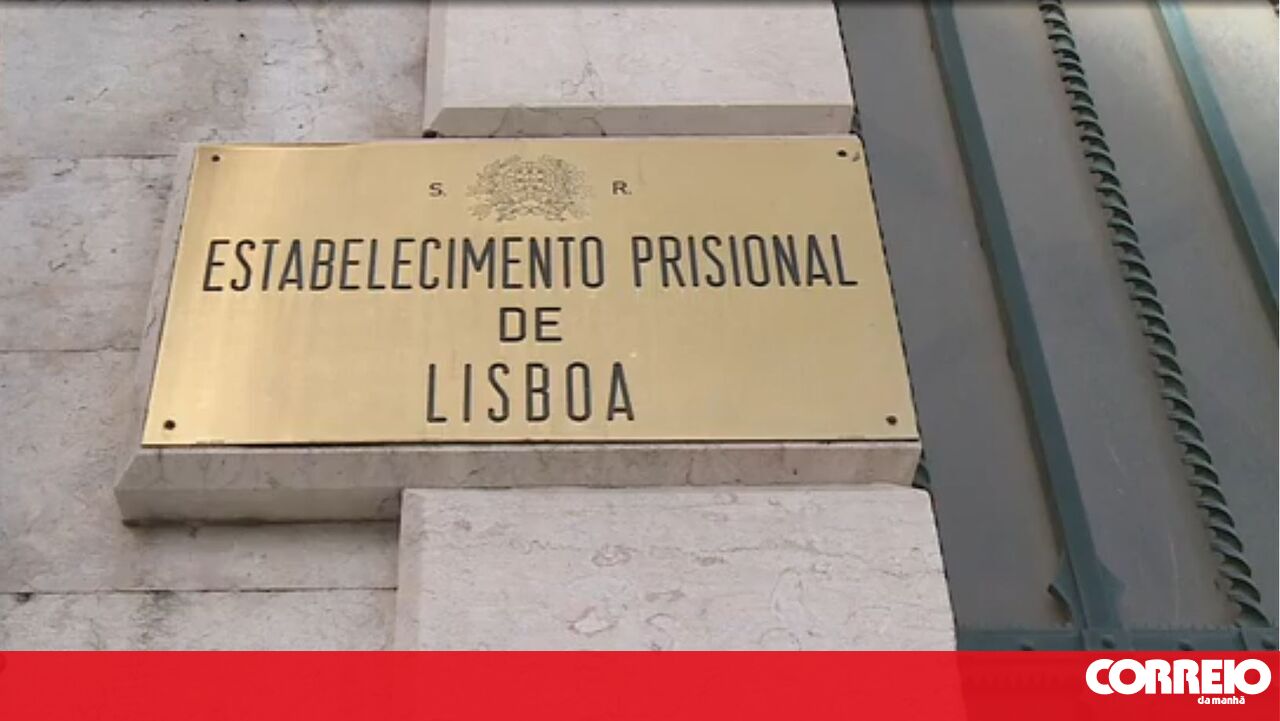
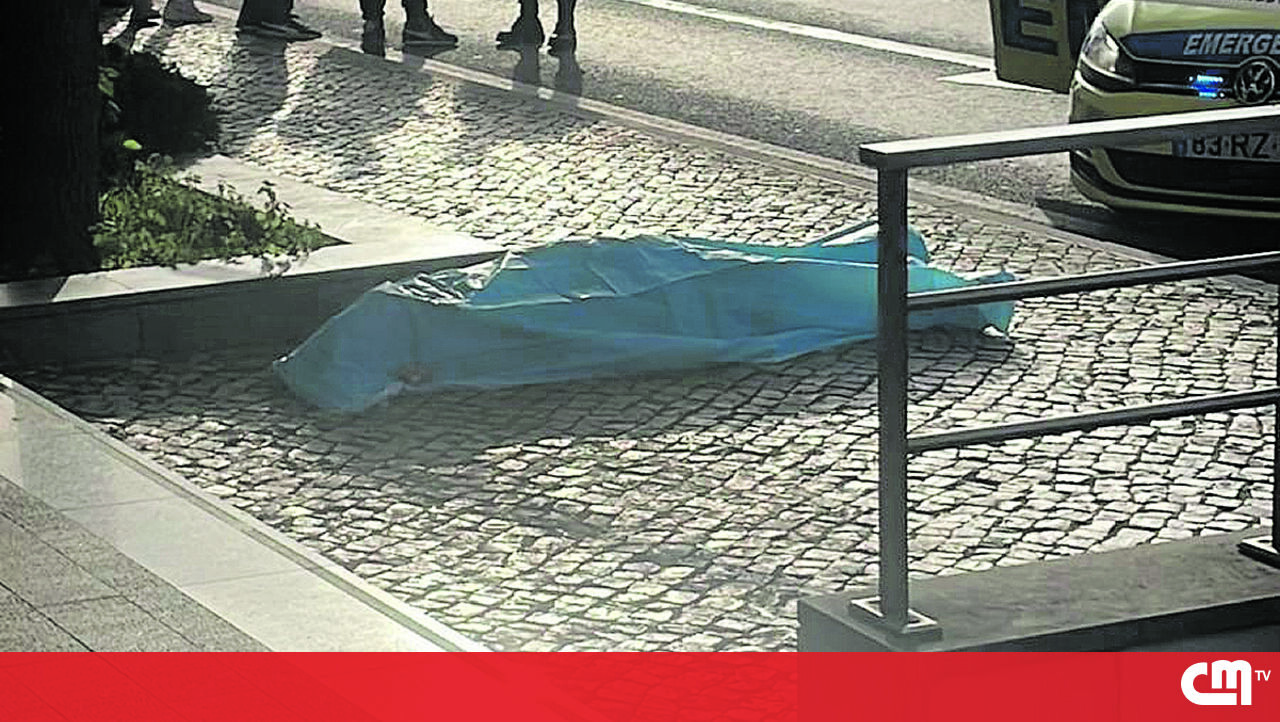


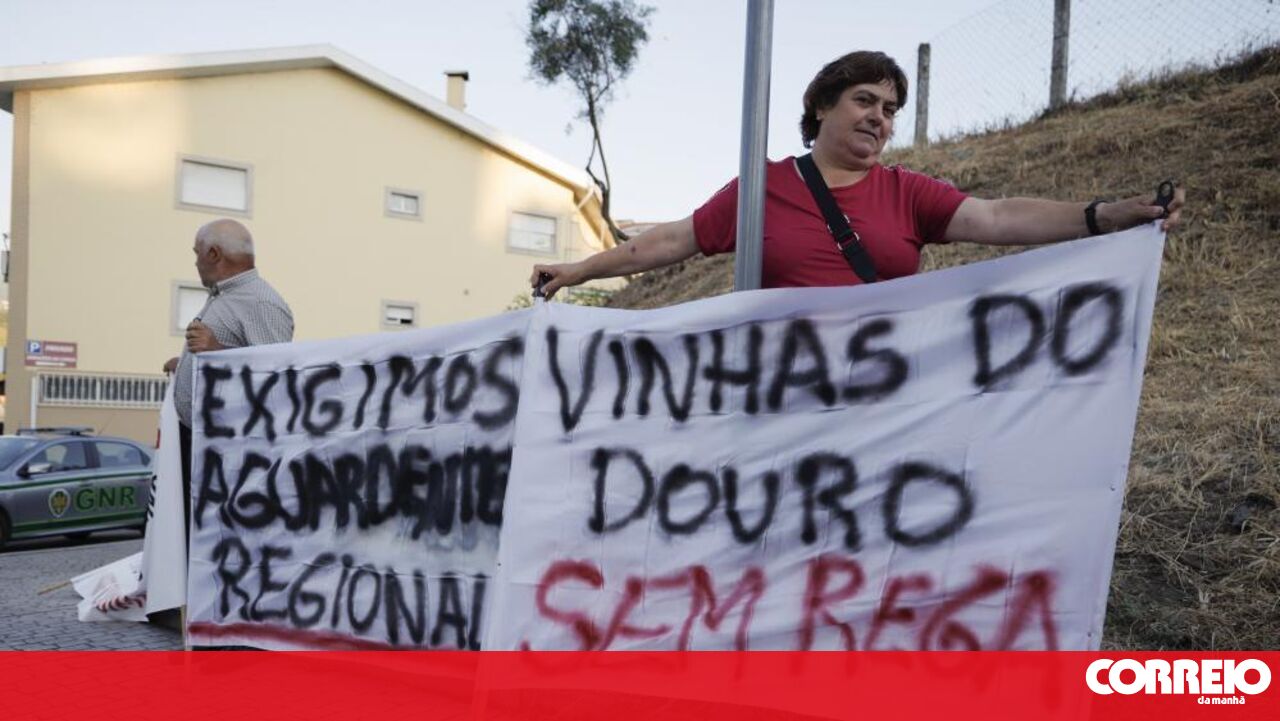



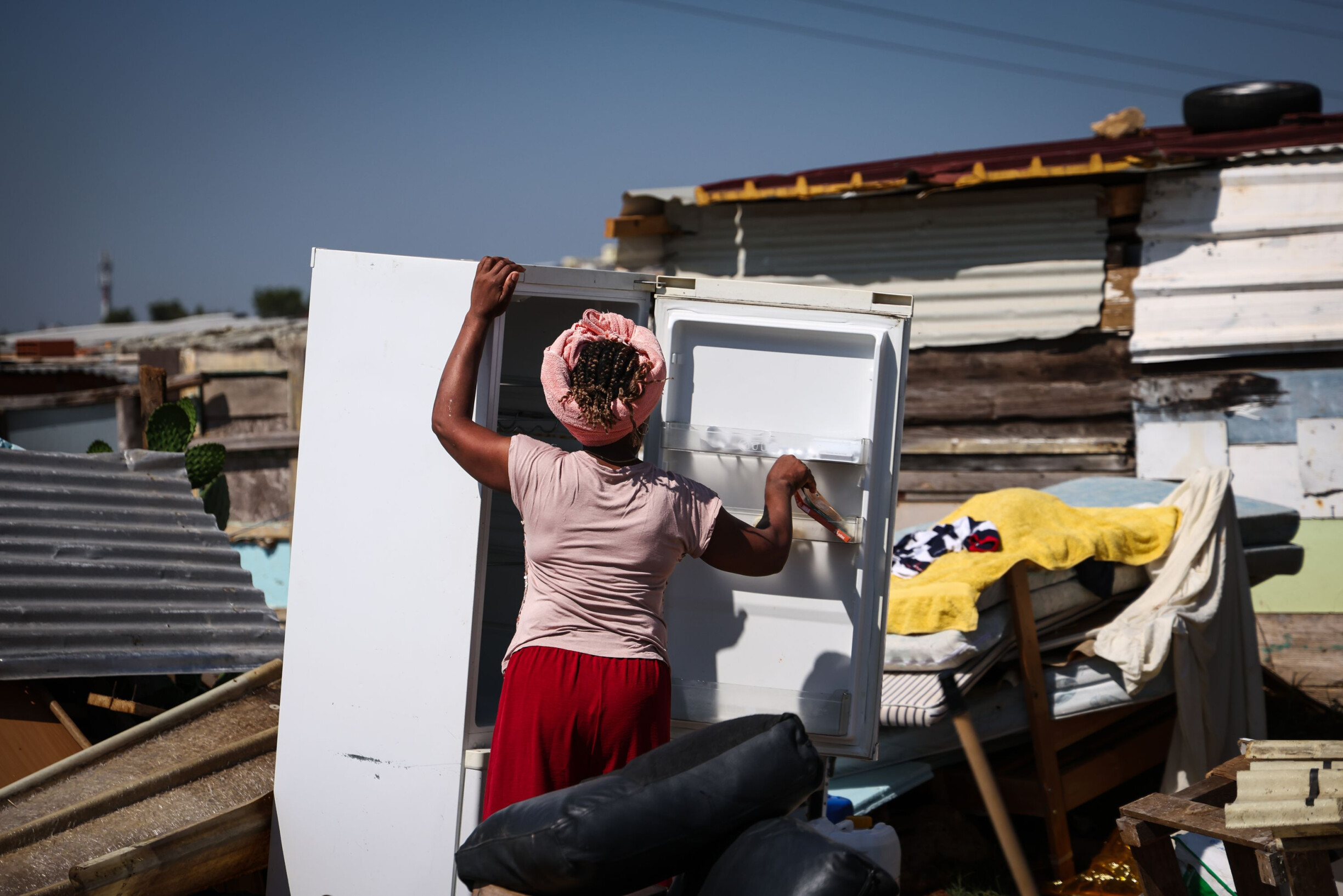
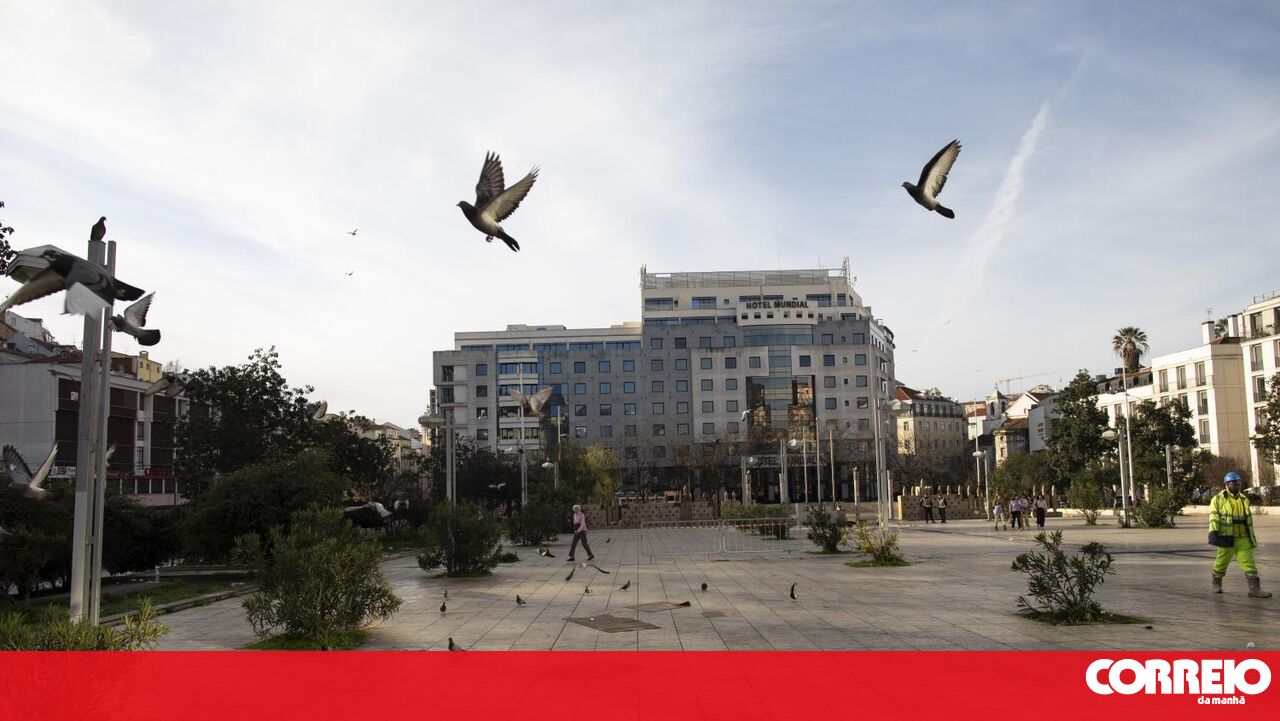

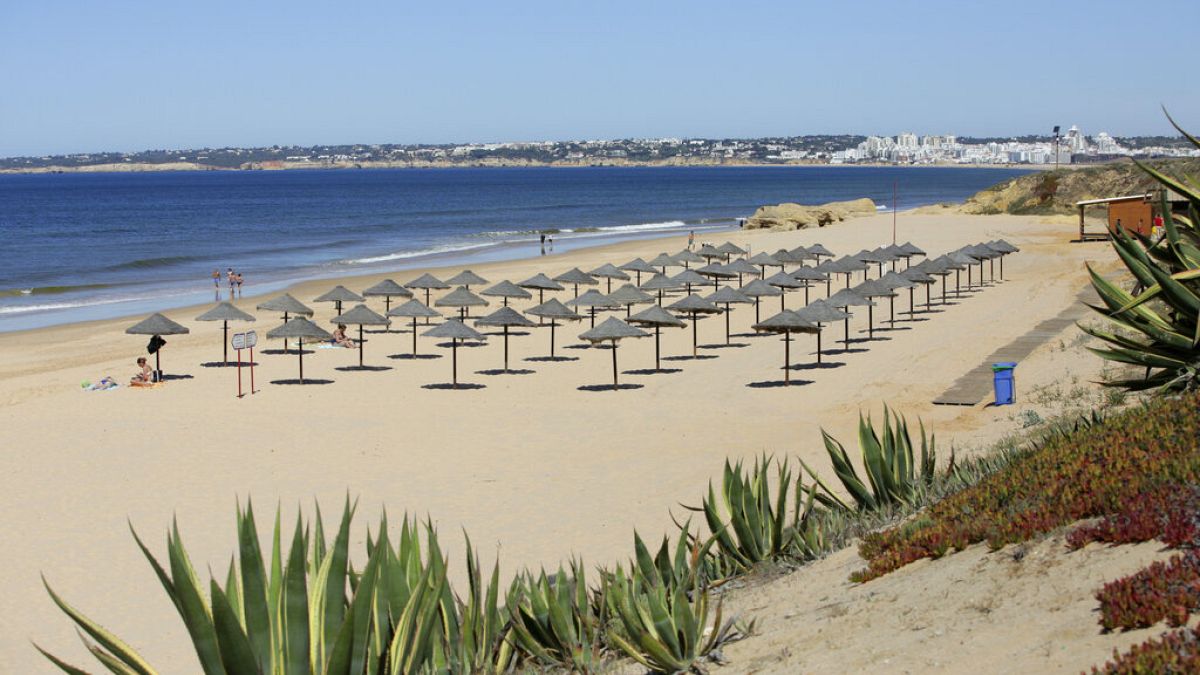

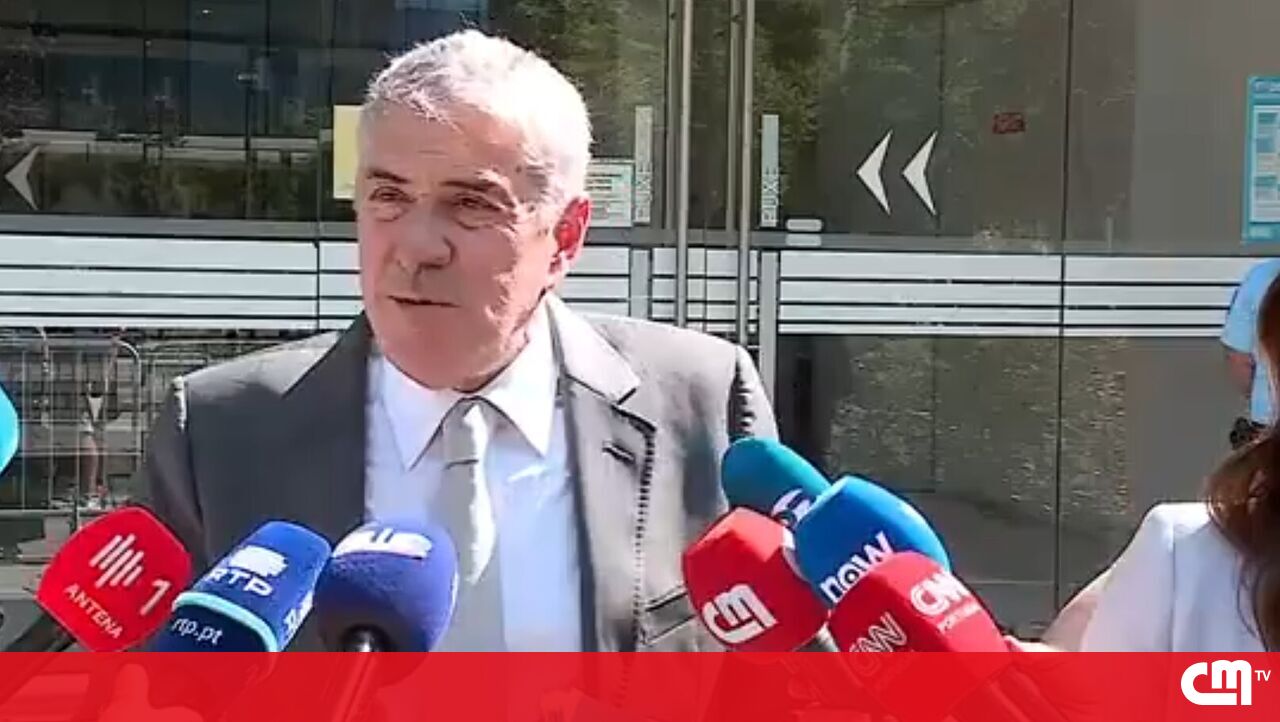
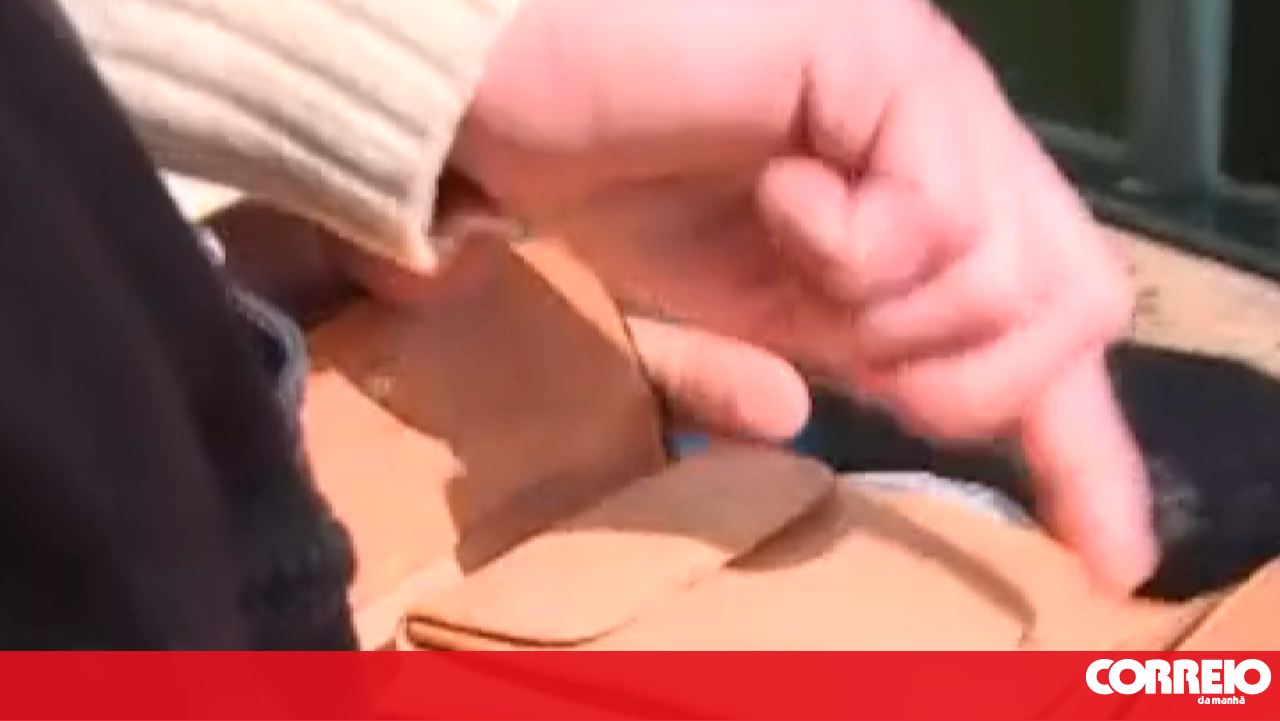




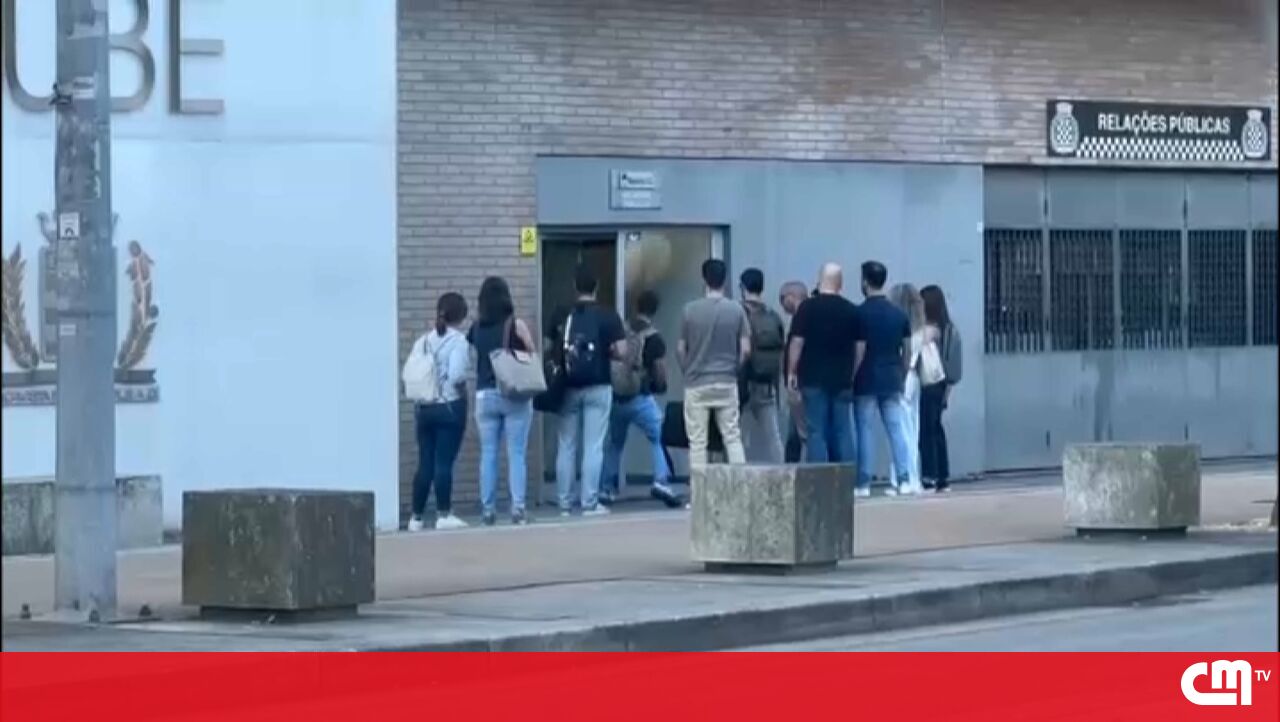
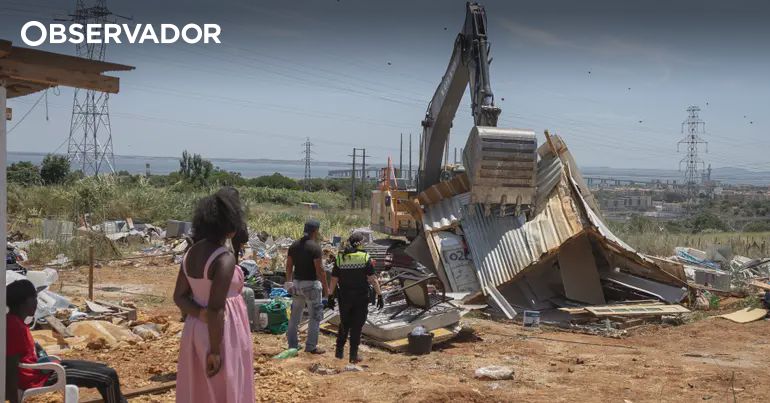
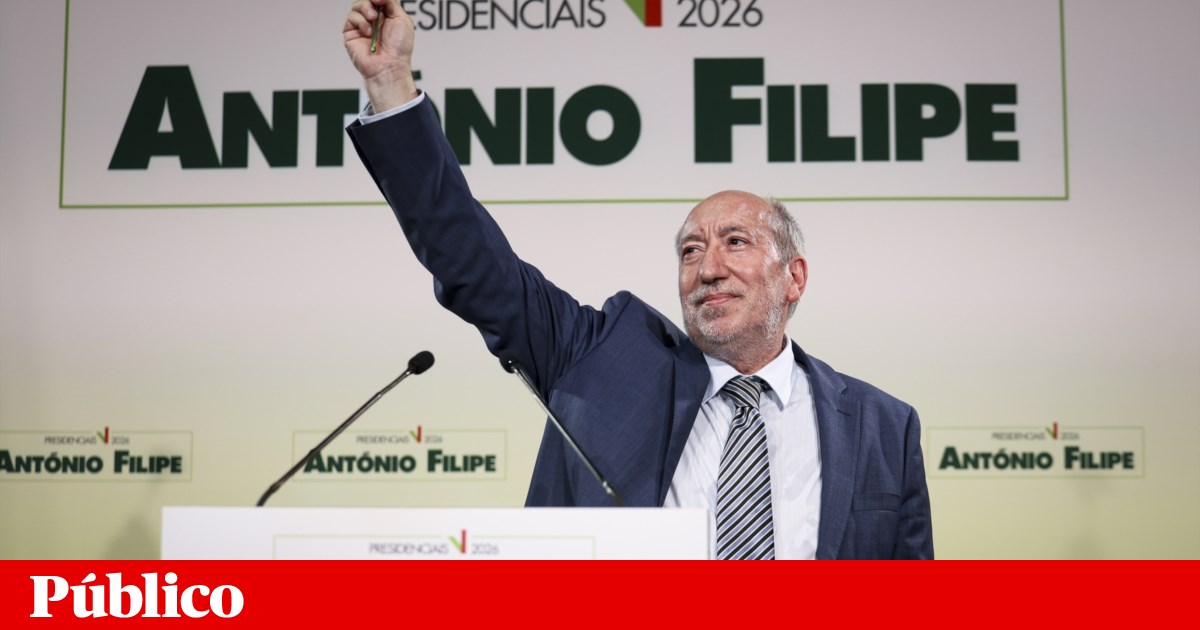
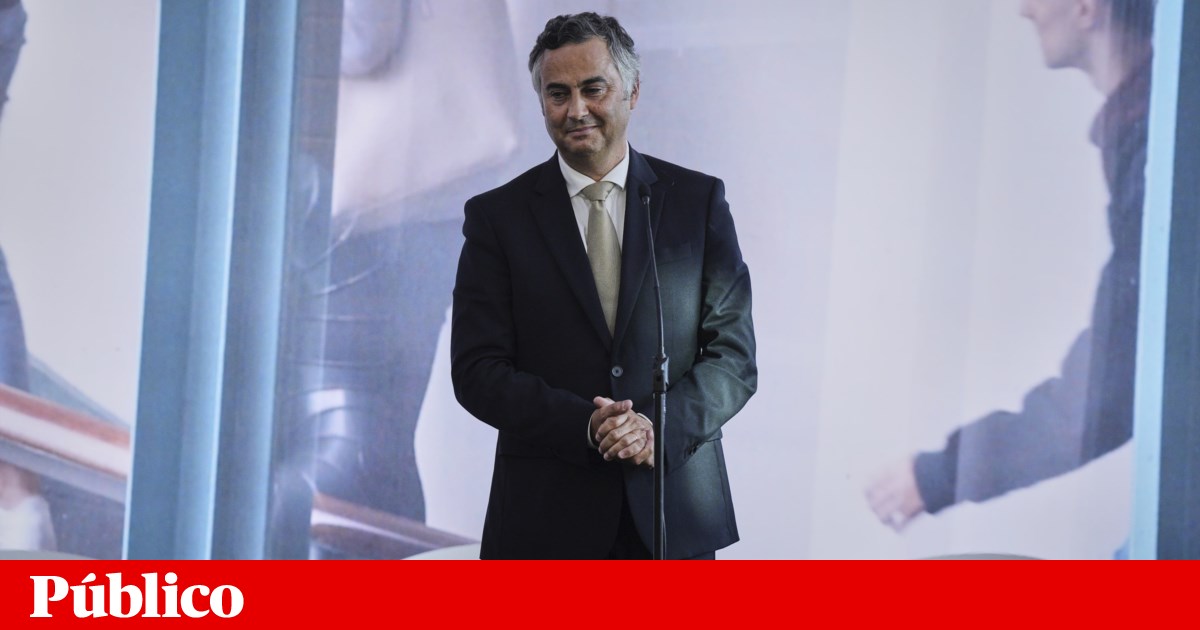
Comments
Join Our Community
Sign up to share your thoughts, engage with others, and become part of our growing community.
No comments yet
Be the first to share your thoughts and start the conversation!